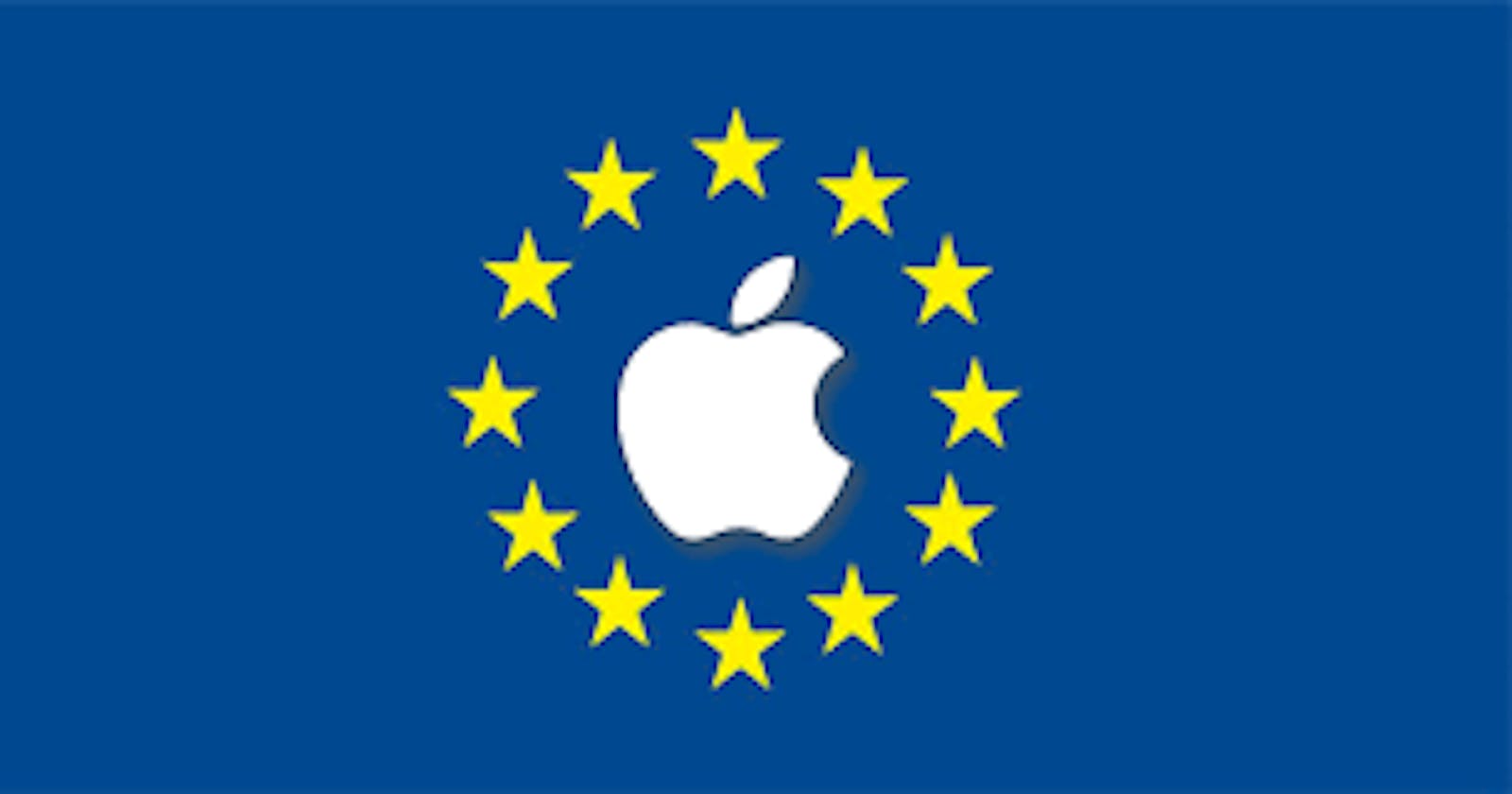The Apple vs EU tax dispute has been making headlines for years, captivating the attention of policymakers, economists, and the public alike. At the center of this heated debate lies the question of whether Apple exploited tax loopholes to pay significantly lower corporate taxes than other businesses. The European Commission's ruling in 2016 ordered Apple to pay €13 billion in unpaid taxes to Ireland, leading to a contentious legal battle and raising fundamental questions about corporate tax practices. In this blog post, we will delve into the intricacies of the dispute, its historical context, and the implications it has for Apple, Ireland, and the wider tech industry.
Understanding the EU Tax Dispute
At the heart of the EU tax dispute is Apple's use of a variation of the Double Irish tax system, a tax structure that allowed the company to shield its non-US profits from taxation. The setup involved two branches of a single Irish company, granting Apple a competitive advantage and significantly reducing its effective tax rate. The European Commission asserted that such arrangements amounted to illegal state aid, as they were not offered to other multinational corporations in Ireland.
In August 2016, the European Commission declared that Ireland had granted Apple illegal tax benefits and ordered the company to pay €13 billion in back taxes from 2004 to 2014. However, both Apple and Ireland appealed the ruling, and the case has since been the subject of ongoing legal proceedings.
The Apple vs EU Tax Dispute: A Legal Battle
After the European General Court ruled in favor of Apple in July 2020, the European Commission appealed the decision before the European Court of Justice. The case continues to be a contentious issue, with significant implications for both parties involved.
From Apple's perspective, the dispute challenges the company's reputation and raises questions about its tax practices. The tech giant has consistently denied allegations of tax evasion and emphasized its commitment to paying taxes in accordance with the law. Apple argues that it abides by international tax rules and pays significant taxes in the countries where it operates, including the United States.
On the other hand, Ireland vehemently rejects the notion that it provided illegal state aid to Apple. The Irish government maintains that its tax laws are transparent and in compliance with EU regulations. Ireland fears that accepting the ruling would undermine its ability to attract foreign investment, especially from multinational corporations.
Implications for the Wider Tech Industry
Beyond Apple and Ireland, the EU tax dispute has significant implications for the wider tech industry. As the debate unfolds, policymakers and regulatory authorities are taking a closer look at tax practices employed by other tech giants. The case could potentially influence tax regulations globally and prompt other countries to reevaluate their tax policies concerning multinational corporations.
The Role of the EU and Regulatory Authorities
The EU's stance on the tax dispute reflects a broader effort to address concerns regarding the tax practices of multinational corporations. The European Commission has been actively investigating various tech companies, including Google and Amazon, over allegations of tax avoidance and abuse of market power.
The EU's enforcement of competition and state aid rules sends a strong signal that it is willing to take action against companies that engage in unfair tax practices. This approach aligns with the EU's broader efforts to ensure fair competition, protect consumers, and promote economic growth.
My Opinion as an Average Consumer
As an average consumer, the Apple vs EU tax dispute is a complex and intriguing issue. On one hand, it is essential to ensure that multinational corporations pay their fair share of taxes and do not exploit legal loopholes to reduce their tax liabilities. Fair taxation is crucial for funding public services, infrastructure, and social programs that benefit society as a whole.
It is essential to recognize that the global tax landscape is incredibly complex, and addressing these issues requires careful consideration of international tax regulations and agreements. The EU's efforts to hold corporations accountable for their tax practices are commendable, but the solutions to such challenges are not straightforward.
As a consumer, I value transparency and ethical practices from the companies I support. I hope that Apple, as a prominent player in the tech industry, will continue to be a responsible corporate citizen and abide by tax laws in a manner that reflects its commitment to corporate social responsibility.
The Apple vs EU tax dispute remains an ongoing saga that has captured the attention of the world. The intricacies of corporate tax practices, legal complexities, and implications for the wider tech industry make this a multifaceted issue. As the legal battle continues, it is crucial for policymakers, regulatory authorities, and companies to work together to find equitable solutions that ensure fair taxation and uphold the principles of economic justice.
As an average consumer, my hope is that the resolution of the EU tax dispute will set a precedent for greater transparency and accountability in corporate tax practices worldwide. By promoting fair taxation, we can foster an environment where companies contribute responsibly to society's well-being while fostering innovation and economic growth.
